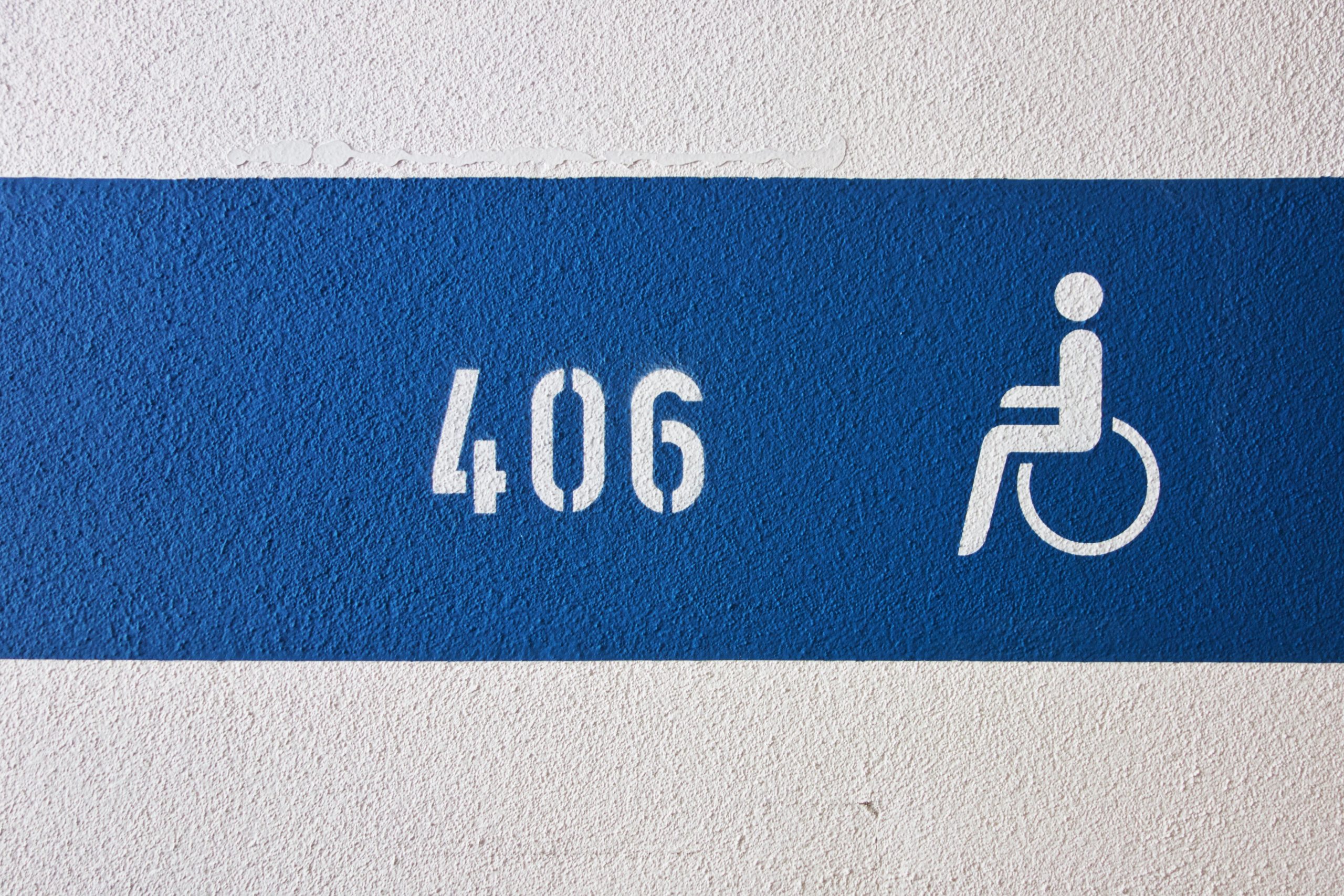 When you are injured on the job, it’s not always your employer’s or fellow employee’s fault. If you are injured while working by a third party, there are rules to follow when settling your claims. Following those guidelines is important because if you don’t, you may alter the workers’ compensation benefits owed to you.
When you are injured on the job, it’s not always your employer’s or fellow employee’s fault. If you are injured while working by a third party, there are rules to follow when settling your claims. Following those guidelines is important because if you don’t, you may alter the workers’ compensation benefits owed to you.
Below is a story of one worker’s workplace injury and his path to physical and financial recovery. This case shows the importance of getting authorization from your workers’ compensation carrier before settling with third parties. It also helps answers the question; When does the date of disability start for a workers’ compensation claim?
While driving at work in early August 2012, Clyde Tolley was injured in a car accident. He continued to work until he was fired. Tolley then moved to Florida, where his injuries worsened. Tolley consulted a Florida doctor who recommended seeing an orthopedic specialist. Unfortunately, Tolley waited a year before engaging with the specialist.
 Insurance Dispute Lawyer Blog
Insurance Dispute Lawyer Blog


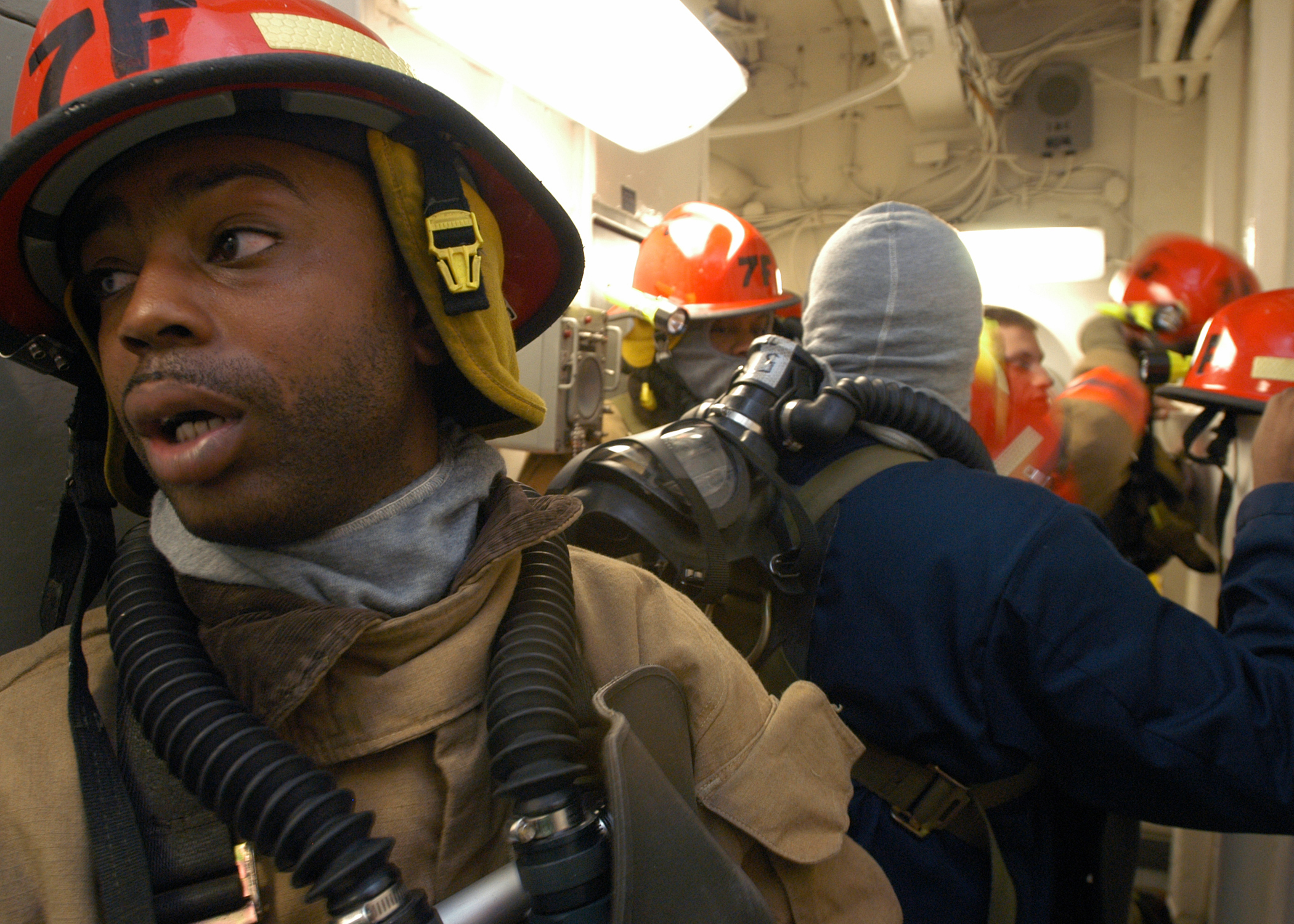 People rely on public services daily, from fire departments to police officers. But what happens if a public entity is responsible for an injury? Can they be held liable for negligence? A recent case out of Grand Isle, Louisiana, shows how public entities can be shielded from liability for negligent conduct in some circumstances. It also helps answer the question; Can a state fire marshall be liable for inspector negligence in a wrongful death lawsuit in Louisiana?
People rely on public services daily, from fire departments to police officers. But what happens if a public entity is responsible for an injury? Can they be held liable for negligence? A recent case out of Grand Isle, Louisiana, shows how public entities can be shielded from liability for negligent conduct in some circumstances. It also helps answer the question; Can a state fire marshall be liable for inspector negligence in a wrongful death lawsuit in Louisiana?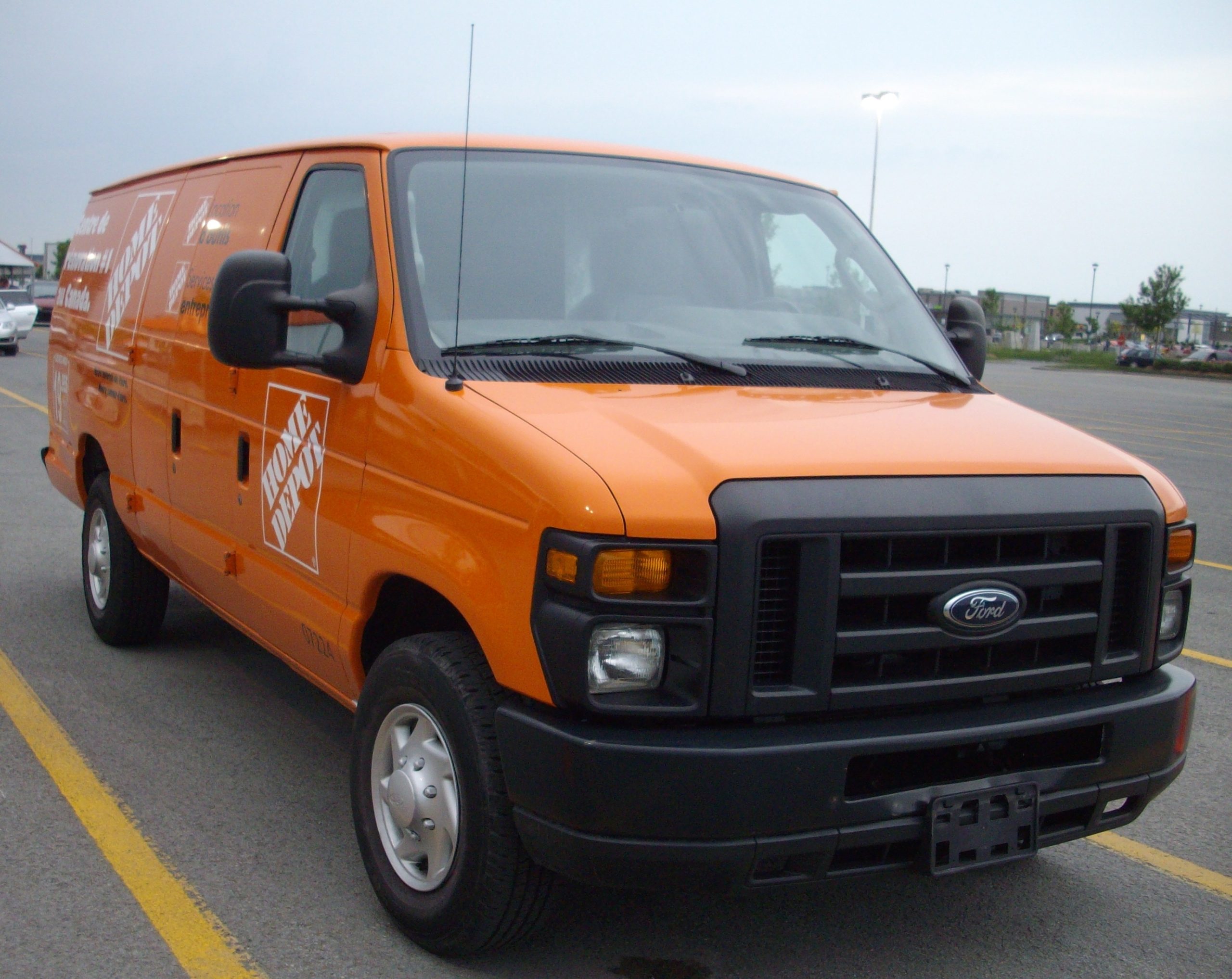 If you are walking down the aisle of a store and fall and injure yourself, you may think you have a winning lawsuit. However, that is not always the case. A recent lawsuit out of Gretna, Louisiana, establishes what a plaintiff needs to prove when filing a slip-and-fall lawsuit in Louisiana.
If you are walking down the aisle of a store and fall and injure yourself, you may think you have a winning lawsuit. However, that is not always the case. A recent lawsuit out of Gretna, Louisiana, establishes what a plaintiff needs to prove when filing a slip-and-fall lawsuit in Louisiana. 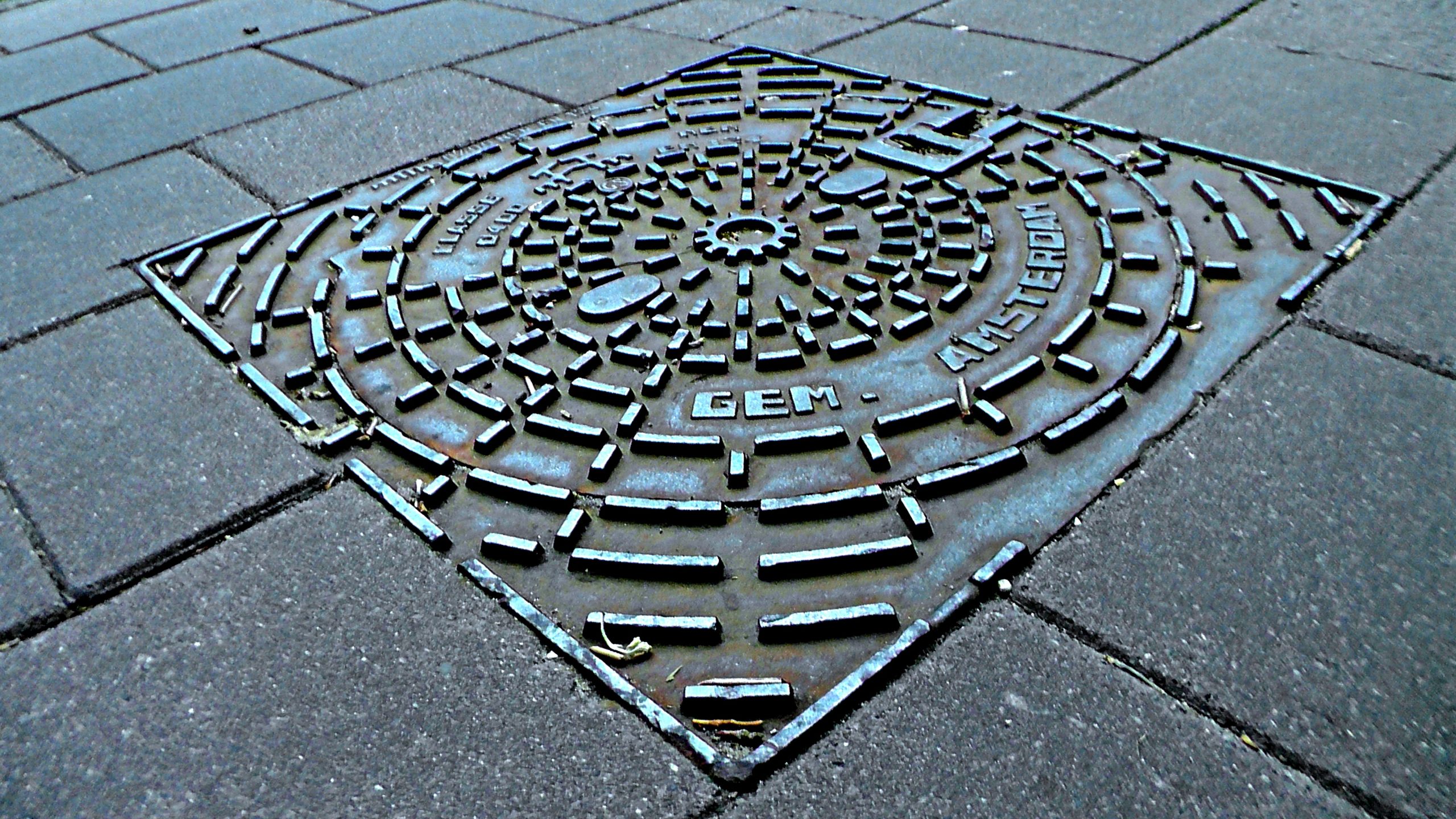 If you fall into a utility box with no cover, one would likely think they can recover for the damages they endured. However, in Louisiana, lawsuits aren’t as easy as you think. For example, is a company responsible for the utility box if it didn’t have “constructive notice” the ground hole cover was defective? The following lawsuit out of New Orleans shows the difficulties encountered when suing a utility company for a ground hole cover fall.
If you fall into a utility box with no cover, one would likely think they can recover for the damages they endured. However, in Louisiana, lawsuits aren’t as easy as you think. For example, is a company responsible for the utility box if it didn’t have “constructive notice” the ground hole cover was defective? The following lawsuit out of New Orleans shows the difficulties encountered when suing a utility company for a ground hole cover fall.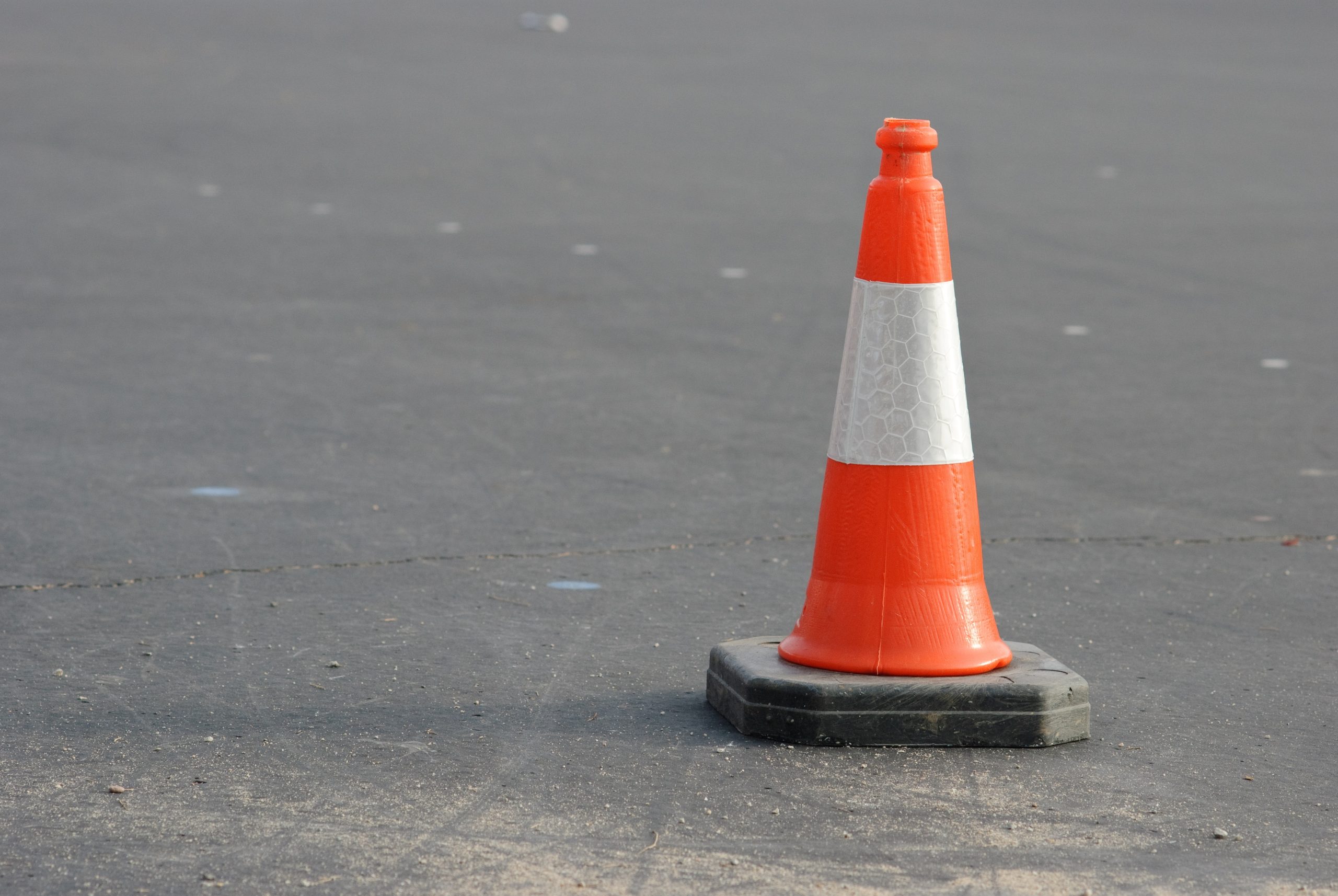 We have all seen warning cones and signs in front of a wet floor at a business. But what happens when you fall in front of the warning cone? Can the company still be held accountable for your injuries? The subsequent lawsuit, Kenner, Louisiana, shows how courts review slip and fall lawsuits on wet floors with warning signs in plain sight.
We have all seen warning cones and signs in front of a wet floor at a business. But what happens when you fall in front of the warning cone? Can the company still be held accountable for your injuries? The subsequent lawsuit, Kenner, Louisiana, shows how courts review slip and fall lawsuits on wet floors with warning signs in plain sight.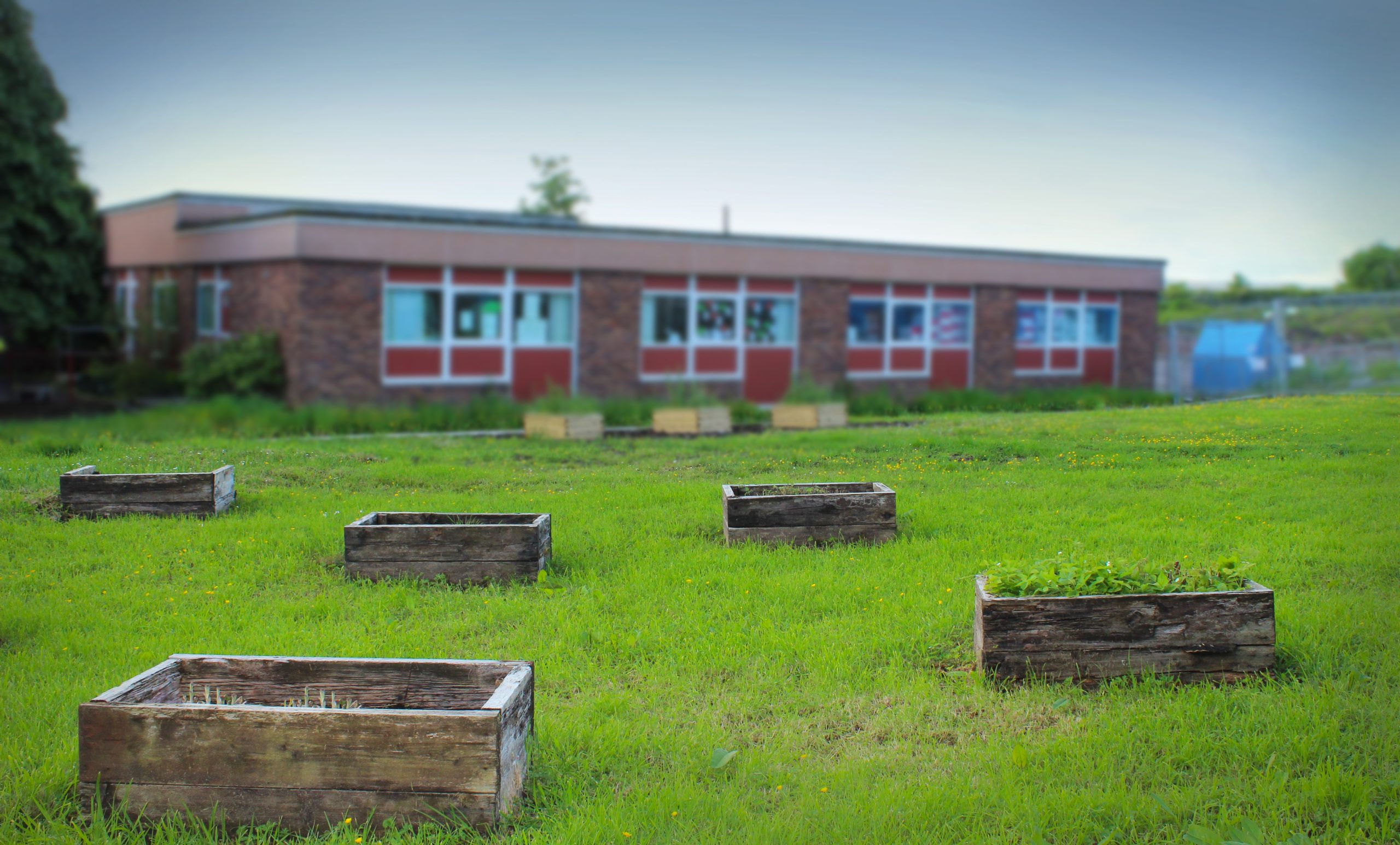 Schools are institutions for learning and public meeting spots for numerous events. People come and go daily and the safety of all visitors is paramount. But what happens when a visitor to a school is injured on the premise? Can a school be held liable for a visitor’s injuries on its campus? The following case out of Kentwood, Louisiana, shows the need for adequate proof when pursuing a trip and fall lawsuit against a school.
Schools are institutions for learning and public meeting spots for numerous events. People come and go daily and the safety of all visitors is paramount. But what happens when a visitor to a school is injured on the premise? Can a school be held liable for a visitor’s injuries on its campus? The following case out of Kentwood, Louisiana, shows the need for adequate proof when pursuing a trip and fall lawsuit against a school.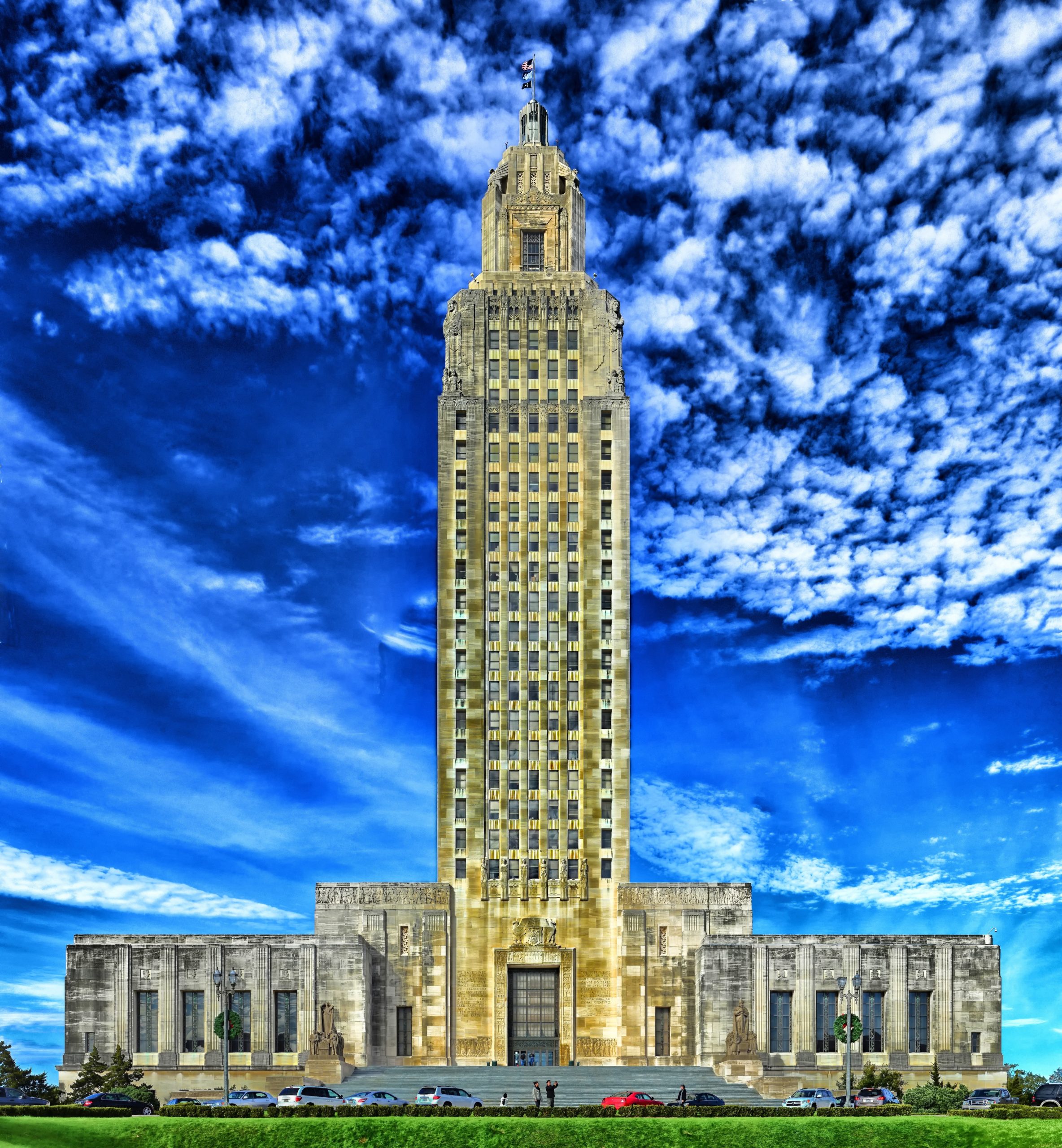 When someone is injured in an accident, the question often arises, who is at fault? Certain factors must be met to find fault in an injury case. The following case outlines the elements which must be proven to file a personal injury lawsuit against a public park in East Baton Rouge.
When someone is injured in an accident, the question often arises, who is at fault? Certain factors must be met to find fault in an injury case. The following case outlines the elements which must be proven to file a personal injury lawsuit against a public park in East Baton Rouge. 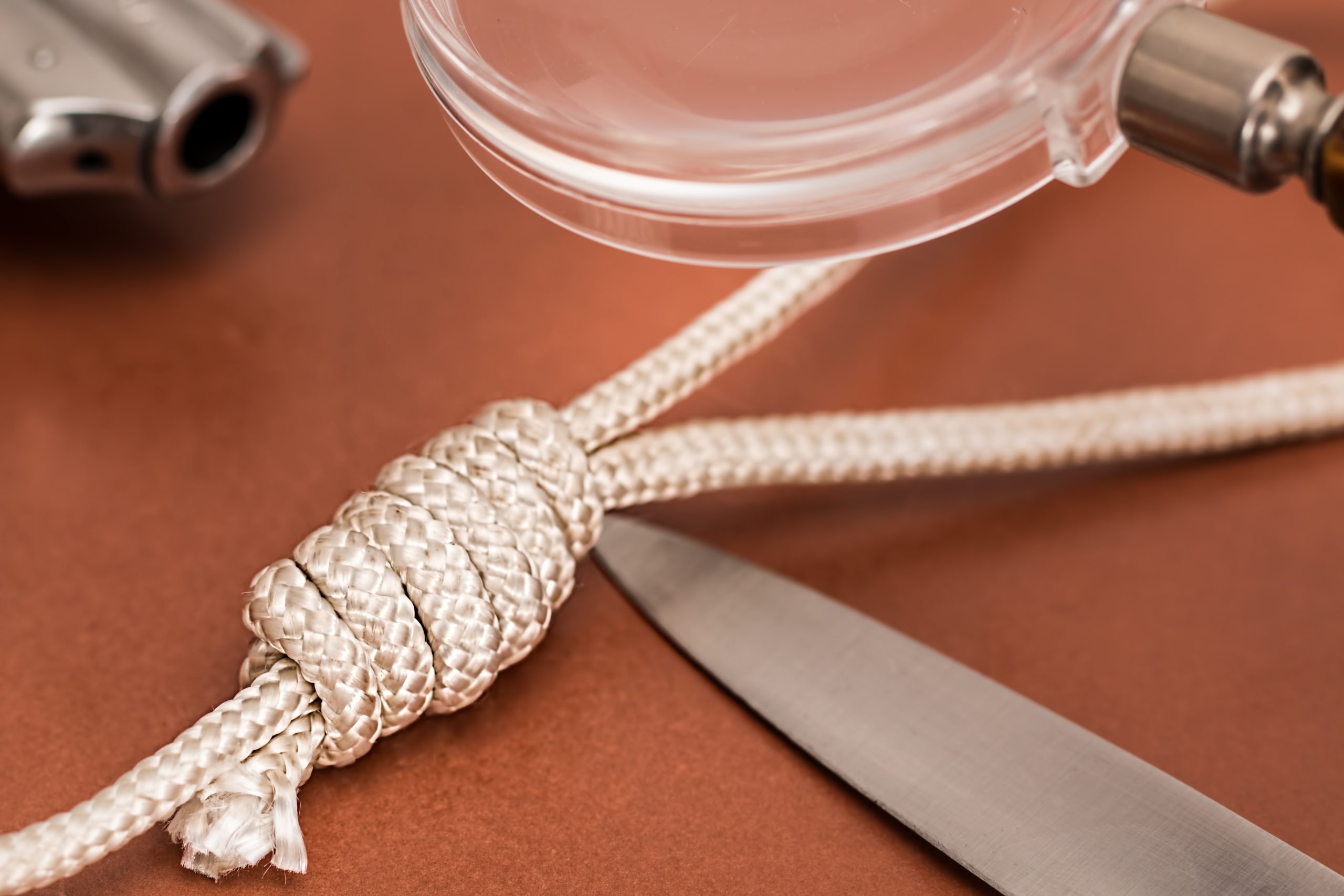 An important safeguard in the law is the requirement for an accusing party to support its allegations with facts and, ultimately, evidence. There are multiple reasons to have this protection in place. Proceeding with a claim that makes a wrong conclusion against another party would not be particularly fair or just, nor would it be an effective use of court resources.
An important safeguard in the law is the requirement for an accusing party to support its allegations with facts and, ultimately, evidence. There are multiple reasons to have this protection in place. Proceeding with a claim that makes a wrong conclusion against another party would not be particularly fair or just, nor would it be an effective use of court resources.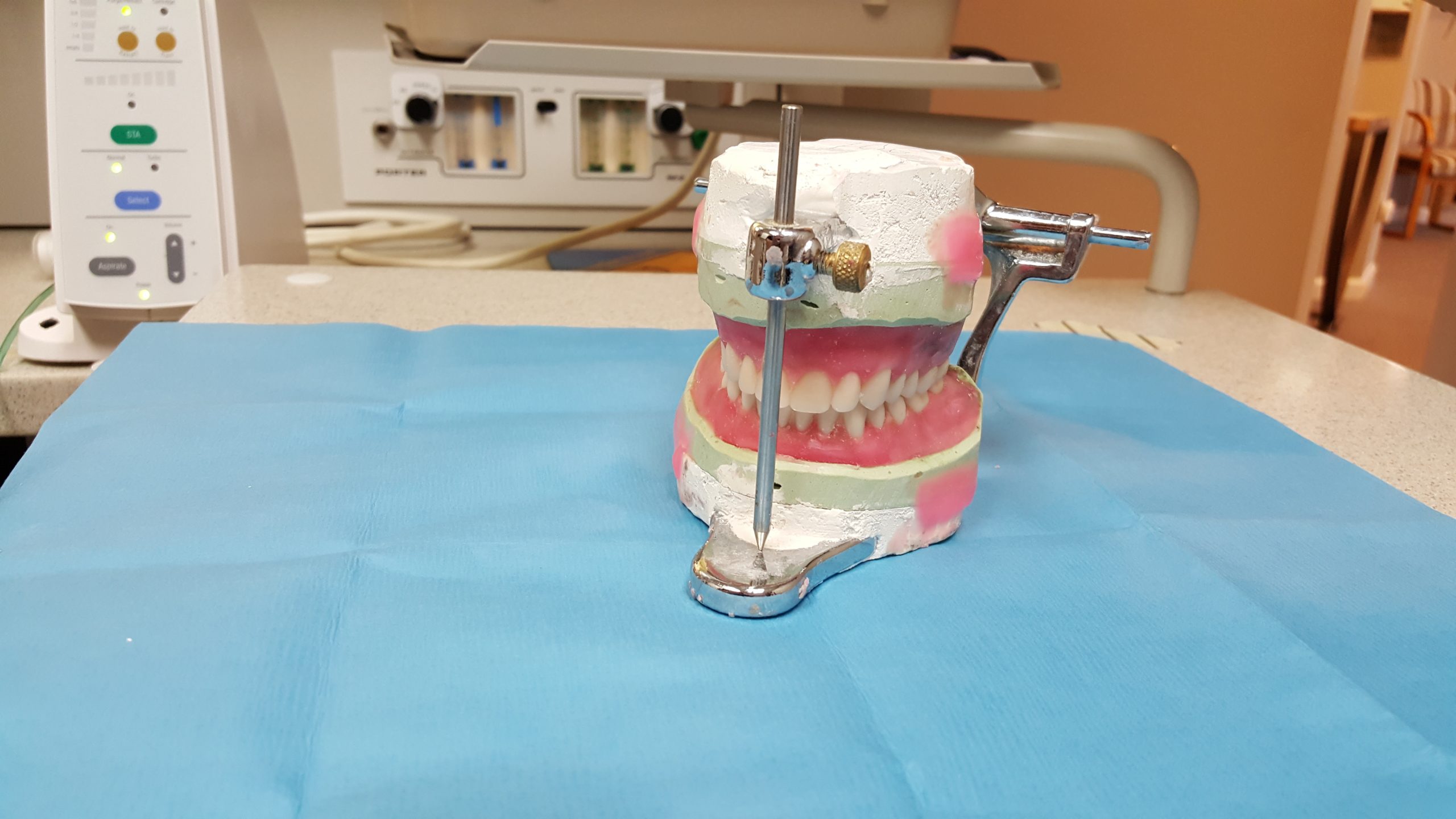 Appeals from trial court decisions can be costly, especially if the result is again not decided in your favor. Tara Lorraine (“Ms. Lorraine”), a dental patient at Bluebonnet Dental Care, L.L.C., learned this the hard way after appealing a jury verdict decided against her. The
Appeals from trial court decisions can be costly, especially if the result is again not decided in your favor. Tara Lorraine (“Ms. Lorraine”), a dental patient at Bluebonnet Dental Care, L.L.C., learned this the hard way after appealing a jury verdict decided against her. The  Rights, even those granted under federal and state constitutions, are not without limitations. As Yaroslav Lozovyy (“Lozovyy”), a former research assistant at Louisiana State University (“LSU”), discovered in an appeal of his lawsuit against an interim director, Richard L. Kurtz (“Kurtz”), and a vice chancellor, Thomas R. Klei (“Klei”), courts take allegations of making false statements seriously. The following case shows how the Louisiana Code of Civil Procedure Article 971, The “anti-SLAPP” Statute is used in Court.
Rights, even those granted under federal and state constitutions, are not without limitations. As Yaroslav Lozovyy (“Lozovyy”), a former research assistant at Louisiana State University (“LSU”), discovered in an appeal of his lawsuit against an interim director, Richard L. Kurtz (“Kurtz”), and a vice chancellor, Thomas R. Klei (“Klei”), courts take allegations of making false statements seriously. The following case shows how the Louisiana Code of Civil Procedure Article 971, The “anti-SLAPP” Statute is used in Court.